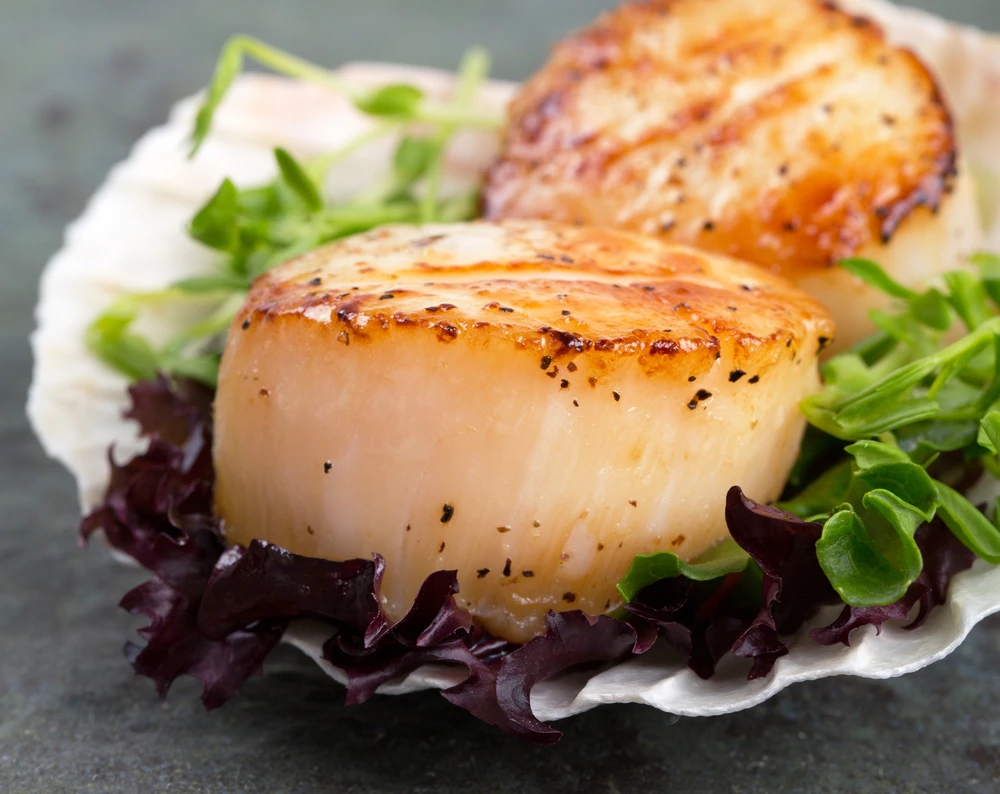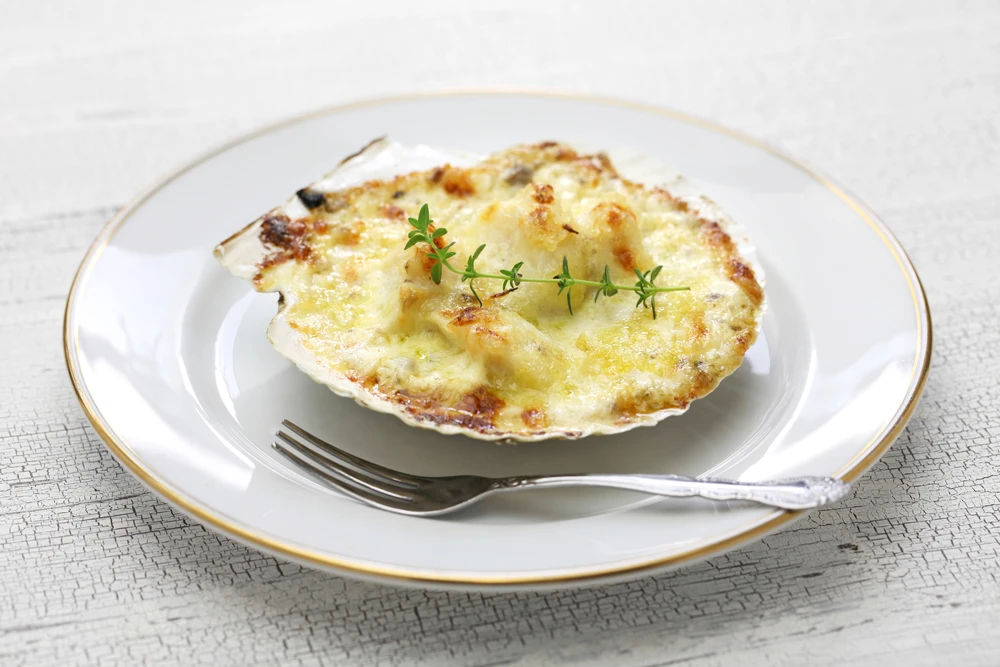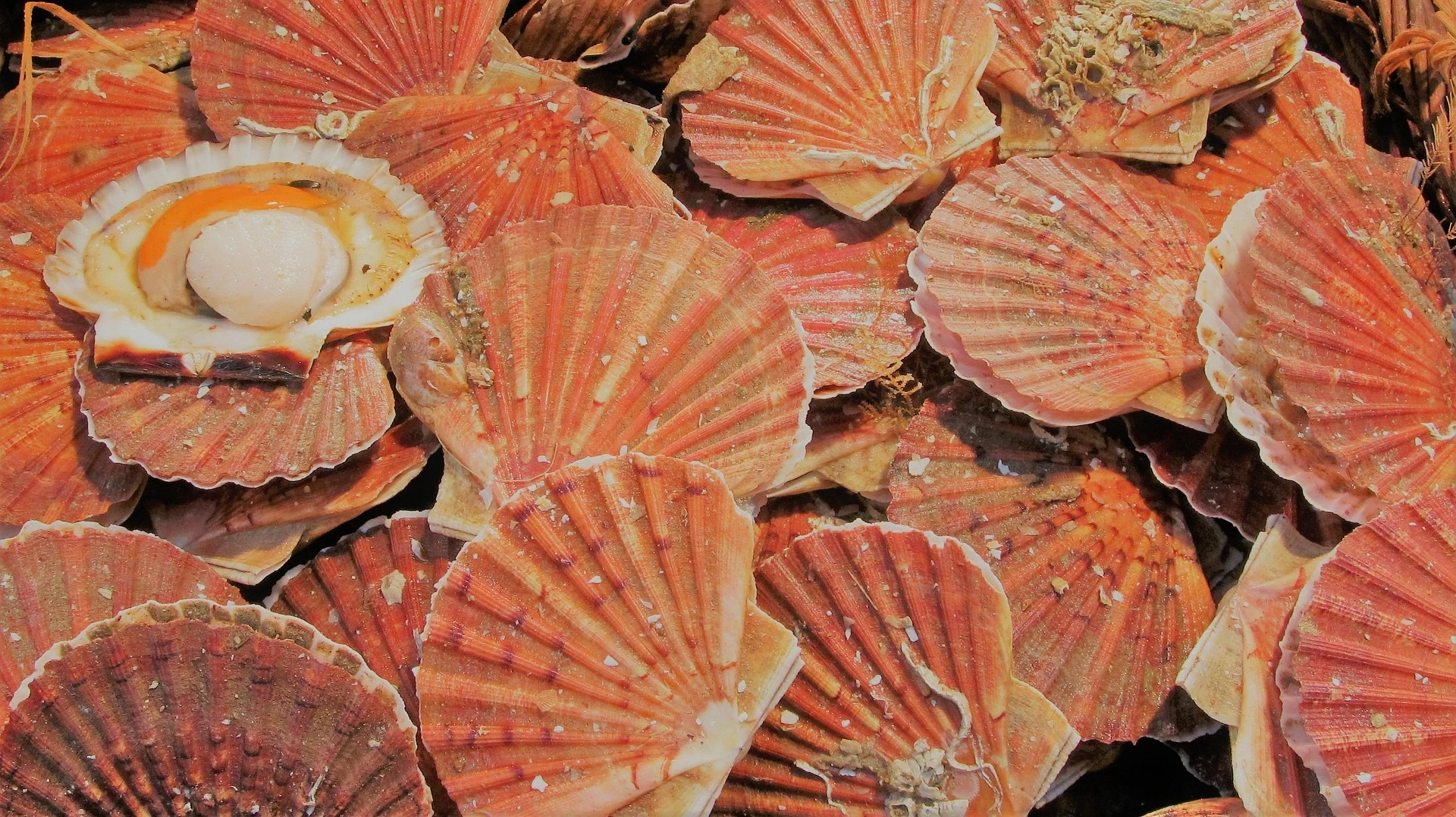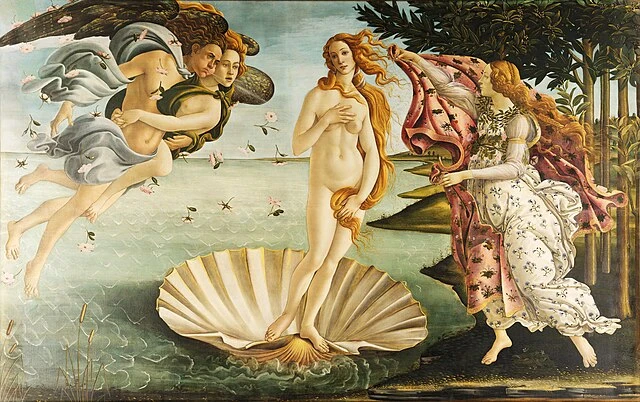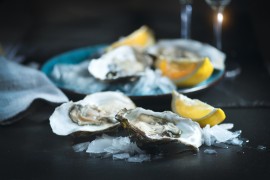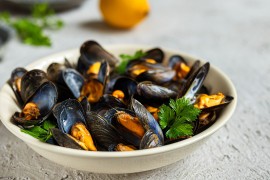How to choose scallops
The scallop is renowned for the finesse of its nut. To choose it well, favor fresh shells, sold whole on the stalls, especially between October and March, the fishing season in France. Check that the shell is closed and heavy, a sign of freshness. If it's slightly ajar, it should close on contact. The flesh should be white, pearly, shiny and the coral bright orange. Avoid frozen walnuts with no indication of origin, as they may come from distant countries and be waterlogged. In France, protected designations such as "Coquille Saint-Jacques de Normandie" or "de Bretagne" guarantee quality and traceability.
How do you use scallops in cooking?
Scallops can be prepared in a variety of ways: pan-fried, in carpaccio, au gratin or raw in ceviche.
Quick-cooked, seared for 1 to 2 minutes on each side, they retain their moist flesh. Raw, marinated with a drizzle of lemon, they reveal their iodized freshness. Baked au gratin in their shells, they become a festive dish.
The secret is never to overcook them: overcooking makes them firm and rubbery.
A close-up of a scallop. Photo chosen by monsieurdefrance.com: rixipix via depositphotos.
4 recipes for scallops
Pan-fried scallops with hazelnut butter
Heat butter until nutty. Place the scallops on top and pan-fry for 1 minute on each side. Add a squeeze of lemon and chopped parsley.
A simple recipe that sublimates the delicacy of the flesh.
Carpaccio of scallops with citrus fruit
Thinly slice the scallops. Sprinkle with lemon and orange juice, zest and a drizzle of olive oil. Leave to marinate for 15 minutes in a cool place.
A fresh dish, ideal as a festive starter.
Scallop gratin à la bretonne
Arrange the walnuts in their shells with shallots, mushrooms and cream. Sprinkle with breadcrumbs and bake for a few minutes.
A classic for holiday meals, generous and tasty.
Scallops with curry and coconut milk
Sear the scallops in a frying pan, add coconut milk and a spoonful of curry powder, and reduce slightly.
An exotic touch that blends perfectly with the sweetness of the walnuts.
What do you serve with scallops?
Cooked scallops. Photo chosen by monsieur de France: depositphotos.com
Scallops deserve accompaniments to match. As a starter, it goes well with seasonal vegetables: celery purée, mashed potatoes, leek velouté. As a main course, it goes very well with creamy risotto, fresh pasta or buttery leek fondue.
On the wine side, dry, mineral whites like Chablis, Sancerre or Muscadet are ideal. A brut champagne adds a festive touch.
The key is to preserve the delicacy of its flesh by choosing simple, refined combinations.
History of the scallop
16th-century engraving of a pilgrim with his scallop shells. Illustration chosen by Monsieur de France on Wikipedia.
The scallop is not just a seafood product, it's also a cultural and spiritual symbol. It owes its name to the apostle Saint James the Greater. Pilgrims to Compostela wore its shell as a sign of recognition and hope. In the Middle Ages, it became a religious and identity symbol. Even today, the shell is the emblem of the Pilgrim's Way to Santiago de Compostela. In culinary terms, the scallop has been appreciated since the Renaissance for its delicate flesh. It made its mark on aristocratic tables, before becoming a flagship product of the French coast, especially in Bretagne and Normandie, where its fishing is now strictly regulated.
Scallop consumption today
by Jacques Tiberi from Pixabay
Festive consumption
In France, the scallop remains very much linked to festive meals, especially at Christmas and New Year. Over 20,000 tons are fished each year, and demand explodes at the end of the year.
Regulating fishing and consumption
Scallop fishing is highly regulated to preserve the resource. It is limited to the period from October to March. Fishermen respect precise quotas and authorized fishing days. Minimum size is also regulated.
Regular checks at sea and on the quayside guarantee compliance with the rules. Certain French areas benefit from labels de qualité such as the "Coquille Saint-Jacques de Normandie" or the Baie de Saint-Brieuc. These labels promote sustainable, responsible fishing.
By eating French shellfish in season, consumers help to preserve the species and support a local quality industry.
astuce
To shell a shell easily, insert a flat knife between the two valves, slice the adductor muscle then remove the nut and coral. The bards can be preserved to make a fragrant fumet.
Venus, risen from the waters, is said to have sailed the seas on a scallop shell. Illustration chosen by Monsieur de France: Venus rising from the waters by Sandro Botticelli (1485)
FAQ Scallops
What is the scallop season in France?
Fishing is open from October to March, when they are at their freshest.
How can you tell if a scallop is fresh?
It should be closed and heavy. The flesh should be shiny and the coral bright orange.
Can you freeze scallops?
Yes, nuts can be frozen, but they lose some of their texture when thawed.
What's the best way to cook scallops?
Pan-frying, which is very quick (1 minute per side), preserves all their tenderness.

